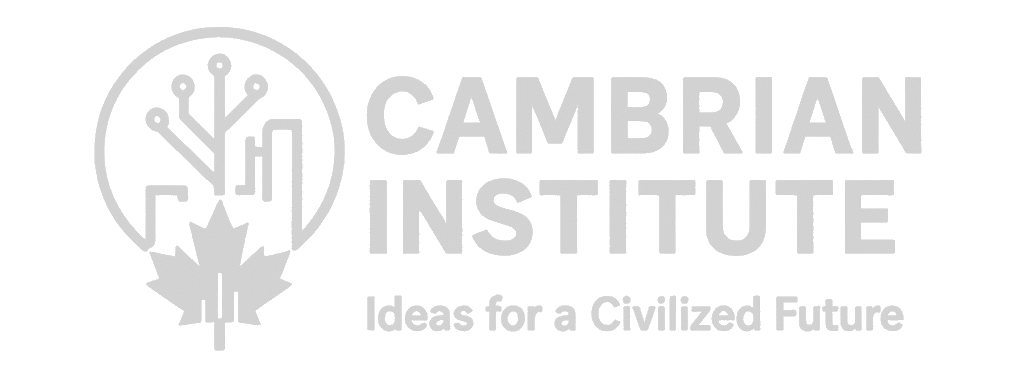For more than two decades, Google has been the undisputed gateway to information. It indexed the world’s knowledge and democratized access to it, giving users the ability to ask almost anything and be met with a carefully ranked list of possible answers. But a new contender has entered the arena: artificial intelligence, particularly large language models like ChatGPT, Claude, and Gemini. These systems offer direct, conversational answers – no links, no blue text, just responses.
This shift isn’t just about convenience. It’s about trust, transparency, and how we understand what it means to “know” something in the digital age. Both AI responses and traditional search results have their place, but they represent different philosophies of information access – and each comes with its own trade-offs.
The Appeal of AI Responses
One of the most compelling features of AI tools is their ability to synthesize. Ask an AI to explain the causes of climate change, and it can draw from a wide array of sources to offer a concise, readable summary in seconds. The experience feels more like talking to an expert than hunting through a sea of hyperlinks. For people looking for speed, clarity, and structure, AI is a welcome evolution.
AI also reduces the cognitive burden associated with traditional search. With Google, users must evaluate multiple sources, judge which ones are trustworthy, and assemble their own mental synthesis. AI systems do that work for you – though, as we’ll see, not always accurately.
Another advantage is contextual continuity. AI can follow a line of inquiry across multiple questions, remembering what you’ve asked previously and adapting its tone or detail accordingly. This makes it ideal for complex learning tasks – helping someone understand programming basics, analyze historical events, or even write poetry.
And crucially, AI can generate new content, not just retrieve existing pages. Whether it’s summarizing an academic article, translating text, or composing a polite email, AI adds value not just by finding information but by producing something new from it.
The Strengths of Traditional Search
Despite AI’s promise, there are good reasons why Google remains dominant. Search engines offer source transparency. When you get an answer through search, you can immediately assess where it came from – is it a peer-reviewed journal, a respected news outlet, or a random blog? This allows users to practice critical thinking and spot bias or misinformation.
Search also supports discovery through depth. Clicking through links can lead to unexpected insights or valuable resources. Users are not confined to a single synthesized viewpoint – they can explore many. This fosters a richer and more pluralistic understanding of complex topics.
There’s also the matter of freshness. AI models are trained on data sets that may be months or years old. In contrast, Google indexes the live web. If you want to know the latest COVID-19 variant or the results of yesterday’s election, traditional search is still the better tool.
And finally, search excels at local and transactional queries – finding a coffee shop near you, checking cinema listings, or comparing prices. These everyday tasks are still rooted in the infrastructure of search engines.
The Limitations and Risks
AI responses can feel authoritative, but they’re often opaque. Unless citations are explicitly included, there’s no easy way to verify where a claim came from. This can lead to misplaced trust – especially since AI is good at sounding confident even when it’s wrong.
There’s also the issue of hallucination. AI systems sometimes fabricate facts, misattribute quotes, or provide incorrect statistics. These aren’t glitches so much as byproducts of prediction-based models that prioritize linguistic coherence over factual accuracy.
On the other hand, search engines have their own problems – SEO manipulation, ad-heavy results, filter bubbles, and a tendency to reward popularity over precision. Clicking through ten links to find a usable answer isn’t a great experience either.
But fundamentally, the difference is this: search gives you the tools to do your own thinking, while AI gives you the answer. That distinction matters, especially in an age of information overload, where the ability to weigh evidence and evaluate competing views is crucial for civic life.
The Emerging Hybrid Model
Rather than supplanting one another, AI and search are beginning to converge. Google now integrates AI summaries into some search results. Meanwhile, AI systems are learning to include citations, offer clickable sources, and even warn users about uncertainty.
This hybrid model – where AI handles synthesis but search provides the audit trail – may represent the best of both worlds. It allows users to move quickly when they need to, but dig deeper when accuracy, nuance, or credibility matter.
In the long run, we may come to see AI not as a replacement for traditional search but as a front end to a much larger information ecosystem. It becomes the first draft of understanding – useful, accessible, but not infallible. Behind it, the archive of human knowledge remains, ready to be explored by anyone willing to look past the first.
